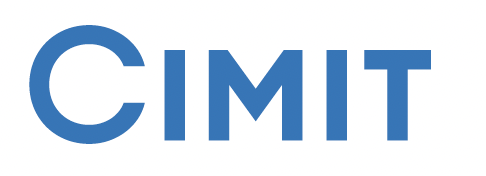Together, we can turn groundbreaking concepts into impactful solutions.
Partnering with government, institutions, foundations, and nonprofits, we tackle pressing health challenges efficiently through the power of collaboration. Our experienced team of experts in science, medicine, engineering, and business work alongside our partners to identify and nurture high-potential health innovation projects.


Moving Ideas Forward
- Proven Processes: Streamlined methodologies that ensure efficiency and effectiveness.
- Hands-On Facilitation: Direct, personalized assistance at every step of the innovation process.
- Global Network: Access to a world-class network of experts ready to lend insights and experience.
- Customized Tools: Tailored infrastructure, tools, and resources designed to fit the needs of your project.

Our Impact
We have supported more than 1,200 innovator teams, evaluated more than 5,000 ideas, and helped develop more than a thousand health innovations. Our efforts have resulted in:
- 49% commercialization success rate.
- $2 billion in follow-on funding.
- 1000+ healthcare innovations developed.
- touching millions of lives.
Innovation Spotlight
POCTRN 2025 Innovation Award Opportunity
Innovation Spotlight
RADx Tech COVID-19 Funding Opportunity High-Performance COVID-19 Rapid Tests
The RADx Coordination Center at CIMIT, on behalf of the National Institute of Biomedical Imaging and Bioengineering (NIBIB) of the National Institutes of Health (NIH), is soliciting proposals to further advance next-generation (next-gen) over-the-counter (OTC) and point-of-care (POC) testing technologies for COVID-19 under its Rapid Acceleration of Diagnostics (RADx) fast-track program.
Under this RADx Tech Performance solicitation, NIBIB is seeking to accelerate the development of next Next-Gen COVID-19 diagnostic technologies with a focus on performance innovations: Innovations that provide significantly improved clinical and technical performance compared to current, best-in-class OTC/POC technologies. These platforms must also integrate universal design features in order to ensure the broadest possible ease of use and accessibility for all populations. Test platforms should return results quickly, demonstrate potential for integration with digital health reporting standards, and be capable of achieving regulatory clearance during both pandemic and non-pandemic periods.

